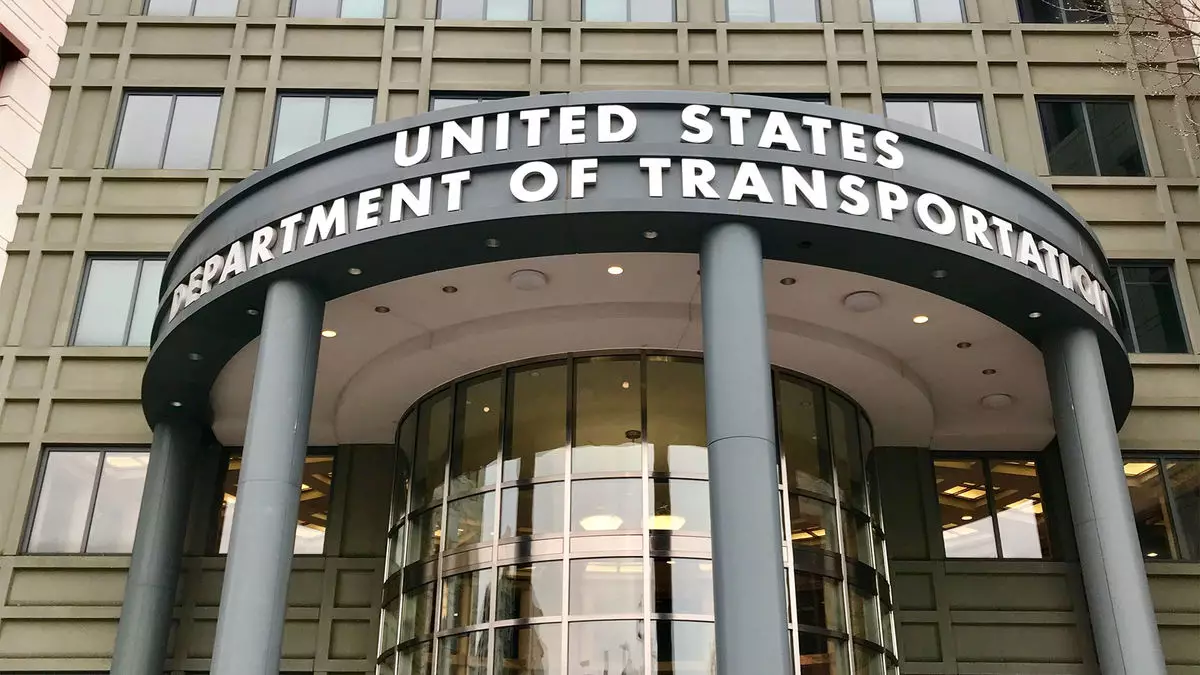On January 24, 2020, President Donald Trump made headlines with the abrupt dismissal of 18 inspector generals (IGs), a move that raised eyebrows and prompted significant backlash across the political spectrum. Among those dismissed were Eric Soskin, who served as the inspector general for the Department of Transportation (DOT), and Cardell Richardson, who held the same position for the State Department. The question looms large: was this a necessary reshuffling of personnel, or a troubling narrative of political motives at play?
Inspector generals are vital institutions that serve as watchdogs within the federal government. Their primary responsibility includes conducting independent audits, investigating misconduct, and ensuring that government resources are utilized efficiently. For example, Soskin’s DOT audits uncovered critical deficiencies in the Federal Aviation Administration’s (FAA) oversight regarding Boeing’s production processes and air traffic control systems. Such findings underline how IGs contribute to maintaining checks and balances significantly important for public trust. Dismissing these figures can, therefore, be perceived as jeopardizing this balance of accountability.
In a statement aboard Air Force One following the firings, Trump explained that his decisions stemmed from perceptions of inadequacy among the removed IGs. “Some people thought that some were unfair or some were not doing their job,” he claimed. Such justifications, however, lack specificity or clarity about the criteria used to evaluate these officials. Critics argue that such vague statements overshadow the importance of a transparent process and raise concerns about the integrity of the positions held by these IGs.
Hannibal “Mike” Ware, the chair of the Council of the Inspectors General on Integrity and Efficiency, articulated alarm over the legality of these removals. He pointed to a statutory requirement enacted by Congress in 2022 that mandates a rationale and a 30-day notification to Congress before such dismissals. Ware’s comments highlight a significant legal nuance: departures from established protocols could undermine the perceived independence necessary for inspector generals to operate effectively, fundamentally threatening the integrity of oversight in government agencies.
The firing of Soskin, Richardson, and others did not go unnoticed by members of Congress. A coalition of Democrats from 21 House committees criticized the dismissals as unlawful, pointing towards Constitutional obligations and the principles underpinning accountability in governance. In contrast, Republican reactions have generally been muted, with some representatives supporting Trump’s actions while others expressed concern. This chasm within the party mirrors broader national attitudes regarding transparency and accountability within government functions.
The mass firing of inspector generals raises alarming questions not just about political partisanship but about the future of independent oversight in America. As the dust settles from this controversial episode, the implications for governmental accountability, legitimacy, and public trust are far-reaching and deserve vigilant scrutiny. The populace must remain alert to ensure that the mechanisms intended to provide checks upon power are not undermined, paving the way for a potentially perilous erosion of democratic principles.


Leave a Reply